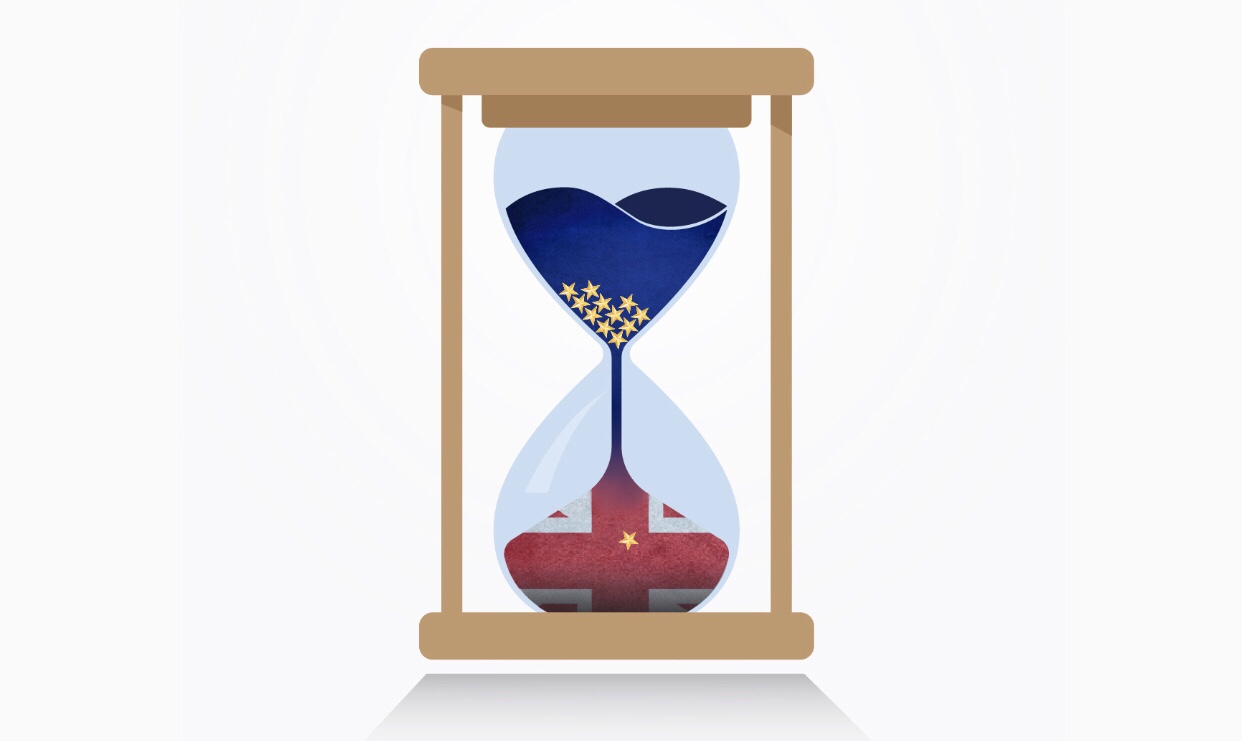What does the Brexit transition agreement mean to you as a trader?
Last Monday, the UK reached an agreement with the European Union on the legal terms of a Brexit transition deal – a milestone development in the difficult Brexit talks. But while it signifies political progress how will this affect you and your business? And what can you do about it today?

Under the terms, the UK will be able to negotiate trade deals with other countries during the 21-month transition, which begins when Britain officially leaves the EU at the end of March 2019. But in order to secure the deal and give a degree of certainty for businesses, the UK will have to accept a number of conditions, including a backstop for the Ireland-Northern Ireland border.

So what does this mean for businesses doing trade between the EU and the UK?
Well, we now know the deadline for Brexit preparations is 31/12 2020 – as long as all involved countries agree and the UK meets the requirements. From today, this is the time you have. Two years and nine months, 33 months, 144 weeks or less than 1000 days. However you look at it, that’s not a very long time to make all your preparations.
Two years and nine months, 33 months, 144 weeks or less than 1000 days.
So there is only one thing that you could and should do – start preparing now. Because being better prepared reduces the risk of future interference to your business while giving you a headstart on your competition.

Here are some things to think about and start preparing yourself:
• How will we handle potential new border formalities in both directions?
• Will Brexit border formalities impact our contracts or prices?
• Should we change our supply chain as a result of Brexit?
• Should we change supplier/distribution patterns as a result of Brexit?
• How should we organize the flow of goods from/to UK?
• How will our products or services be affected in relation to EU27 i.e. the other countries?
• Do we have the correct permits and licences for all our units?
• What are the post-Brexit risks for the UK and how will we handle them?
In addition, we also know that there will be a capacity problem – since there is a lack of competent resources in the trade and customs service provider sector to handle the new volumes, challenges and border procedures. So make sure you partner with your preferred service provider already today.
Speak to us at KGH if you want to discuss the consequences of Brexit in more detail, or if you are interested in getting a better understanding of your own situation e.g. the impact on trade flows, supply chain, operational model, costs, etc.
You must be logged in to post a comment.